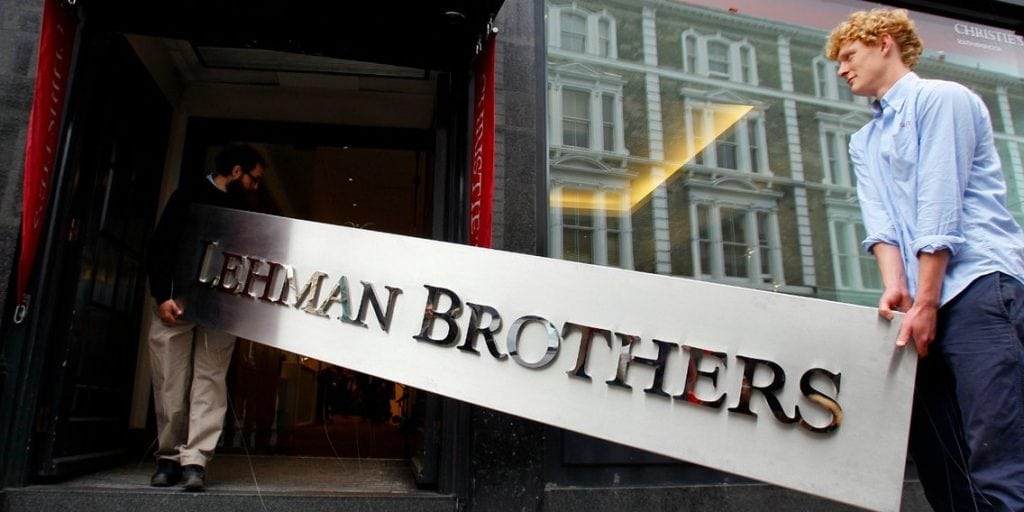Chicago Booth Alumni Gift Funds Marketing Professorship and More

In recognition of the many ways that Chicago Booth has impacted his career, Jim Kilts (Booth MBA ’74) recently make a $4.25 million donation to create the Kilts Family Professorship and the Kilts Faculty Research Prize for Excellence in Marketing. His gift will also go toward providing additional support for the James M. Kilts Center for Marketing. This is just a small piece of the more than $12.5 million that the Chicago Booth alumni has donated to the school’s marketing efforts over the last 20 years.
Through his gifts, Kilts hopes that Chicago Booth will remain on the cutting edge of marketing education. He already believes it’s the best marketing school in the world, and he credits the exceptional faculty, data resources, and multi-disciplined approach with making that possible. Another piece of that success is the Kilts Center, which has a long-standing relationship with Nielsen; this allows them to distribute data sets to more than 1,000 researchers from 130 academic institutions.
According to Jean-Pierre Dubé, Sigmund E. Edelstone Professor of Marketing and Director, Kilts Center for Marketing, “Jim Kilts’ gift to create a new professorship and a new faculty research prize will play an instrumental role in supporting and recognizing ground-breaking research in marketing, while helping us to attract and retain the world’s top marketing scholars.”
About Jim Kilts

Jim Kilts started his career at General Foods when he was just a teenager. By college, he was a lab technician, and that paved the way for his future career. After earning his MBA at Chicago Booth in 1974, Kilts went on to become CEO of three iconic consumer goods companies: Kraft, Nabisco, and Gillette. Later, he founded a financial advisory and private equity firm, and he credits Chicago Booth with much of his success.
“It’s always been a great school and I owe my prosperity to the University of Chicago, the institution which changed my life,” Kilts says. “I hope my latest gift provides the added support to help make Booth the best marketing school in the world.”
Read more about the gift and the Chicago Booth alumni on the Chicago Booth news site.
This article has been edited and republished with permissions from its original source, Clear Admit.
Columbia Revisits The Great Recession, and More – New York News

Let’s explore some of the most interesting stories that have emerged from New York business schools this week.
Showing Discipline with Kindness, Compassion to Employees Results in Better Job Performance, Research Shows – Binghamton University School of Management
New Binghamton SOM research reveals that leaders who show “no compassion to employees doesn’t bode well for their job performance, while showing compassion motivated them to be better workers.”
Binghamton Assistant Professor of Management Chou-Yu Tsai and his coauthors “surveyed nearly 1,000 members of the Taiwanese military and almost 200 adults working full-time in the United States” to review the subordinate performance that sprang from Authoritarianism-dominant, Benevolence-dominant, and Classical paternalistic leadership styles.
Tsai explains, “Being benevolent is important because it can change the perception your followers have of you. If you feel that your leader or boss actually cares about you, you may feel more serious about the work you do for them.”
“Subordinates and employees are not tools or machines that you can just use. They are human beings and deserve to be treated with respect. Make sure you are focusing on their well-being and helping them find the support they need, while also being clear about what your expectations and priorities are. This is a work-based version of ‘tough love’ often seen in parent-child relationships.”
You can watch a video on the research below.
A Food Scientist Pursuing a Rutgers MBA Creates Perfect Life Nutrition – Rutgers Business School News
Perfect Life Nutrition founder and current Rutgers Business School MBA Juan Salinas talks about how his path to food science led him to take home the $20,000 top prize at this year’s Rutgers Business Plan Competition.
A native of Honduras, Salinas worked at Nabisco, Cadbury, and Power Bar, where he “combined his expertise in food science with knowledge he gained in sports nutrition working on a master’s offered by the International Olympic Committee.”
He left the corporate ringer in 2015 to start Perfect Life Nutrition and its flagship P-nuff Crunch Baked Peanut Puff, a plant-based protein snack that satisfied Salinas’ desire to make something “tasty and nutritious.”
According to the Rutgers Business School News, Perfect Life Nutrition has since “pushed out two new versions of P-nuff Crunch, both are peanut-based but one is cinnamon-dusted and the other is flavored with cocoa.”
You can read the rest of Salinas’ article with Rutgers Business School here.
Dodd-Frank a Flop: Columbia Business School Study Recommends Fundamental Reforms for Landmark Financial Regulation – Columbia Business School
A decade after the Great Recession hit, new Journal of Applied Corporate Finance research from CBS Professor Charles Calomiris unpacks “numerous flaws in post-crisis financial regulations and proposes modifying or eliminating a number of recently approved financial reforms, including pieces of Dodd-Frank and the Volcker Rule.”

Lehman Brothers’ collapse in 2008 was among the first major signs of massive economic distress – Photo via Oli Scarff/Getty Images
In a recent interview with the school, Calomiris explains, “The Great Recession created a rush in Washington to establish guardrails for the financial industry. But good intentions, expanded powers, and new mandates do not necessarily lead to smart policy decisions.”
“Ten years later, it’s clear that the Dodd-Frank Act and further regulations are failing to curb risky behavior while obstructing economic growth. We can do much better than these costly, unsustainable regulations that will do little to prevent a repeat of the financial crisis.”
Calomiris proposes nearly two-dozen reforms to current regulations, including:
- “Linking financial regulation directly to the performance of the financial sector and demonstrate that regulatory costs are justified by measurable benefits.
- “Restoring the role of laws and formal rule-making in financial regulation and end the discretionary authority of politicized actors like the FSOC and the Consumer Financial Protection Bureau.”
- “Holding regulators accountable to the public by requiring transparent regulatory standards.”
Has Financial Regulations Been a Flop? (or How to Reform Dodd-Frank) can be found here.
